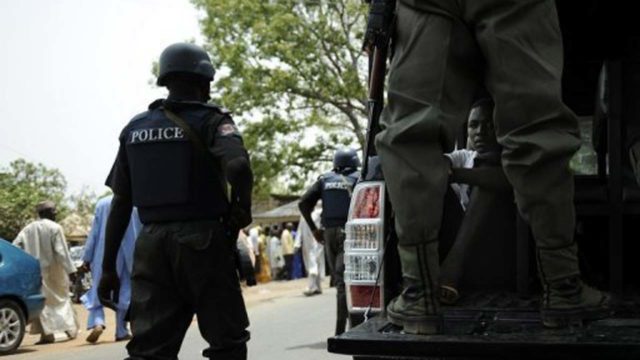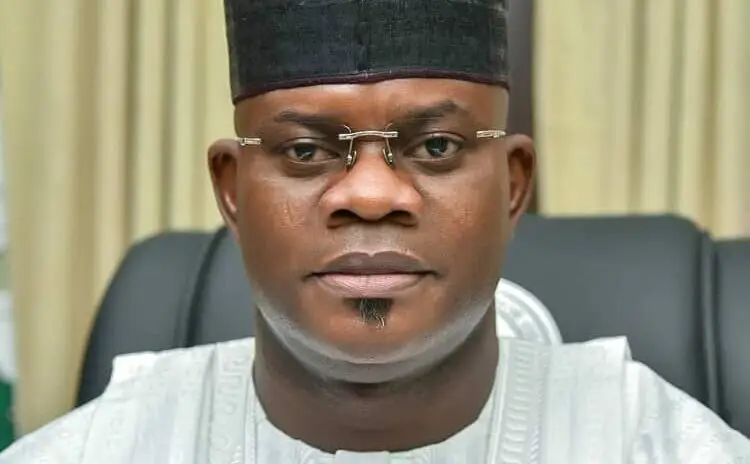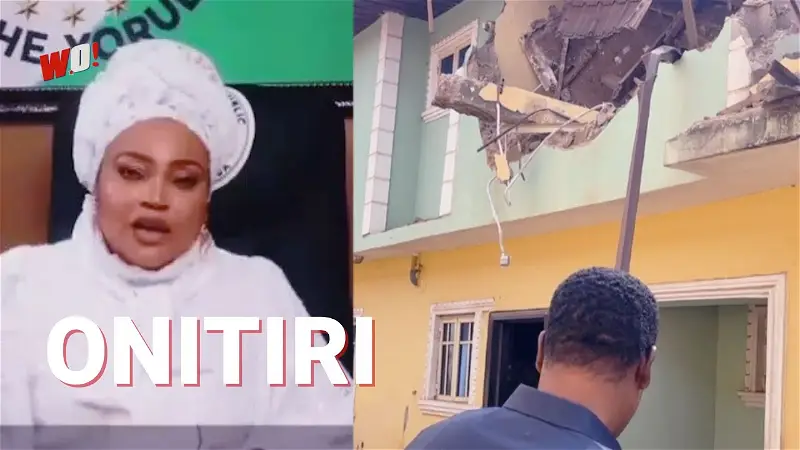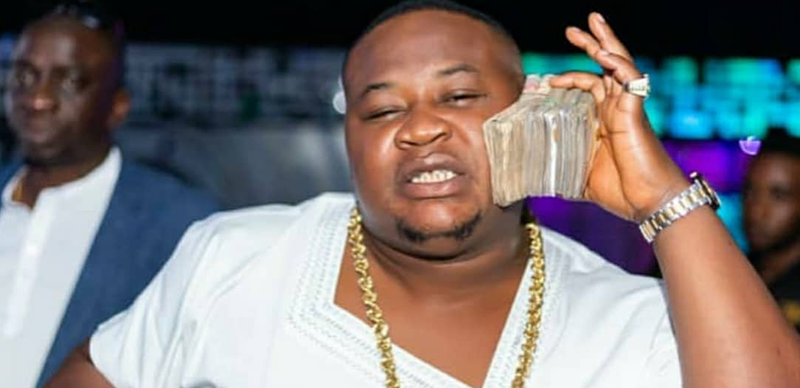 In a report presented to the public at the stakeholders meeting to mark the end of the United Nations Office on Drugs and Crime (UNODC) five-year project on corruption in the country, it was revealed that about N400 billion is spent on bribes each year in Nigeria.
In a report presented to the public at the stakeholders meeting to mark the end of the United Nations Office on Drugs and Crime (UNODC) five-year project on corruption in the country, it was revealed that about N400 billion is spent on bribes each year in Nigeria.
Although there is still a controversy over this report, it has highlighted the problem corruption poses to development and the need for the government to do more to tackle it. According to the report, which covers between June 2015 and May 2016, law enforcement agencies and the judiciary are the highest receivers of bribes.
The survey titled, “Corruption in Nigeria – Bribery: Public Experience and Response” was presented in partnership with the National Bureau of Statistics (NBS). It was conducted in the 36 states and the Federal Capital Territory (FCT).
“Police officers are the type of public officials to whom bribes are most commonly paid in Nigeria. Of all adult Nigerians, who had direct contact with a police officer in 12 months prior to the survey, about 46.4 per cent paid that officer at least one bribe.
“Although fewer people come in contact with judiciary officials than with police officers over the course of the year, when they do, the risk of bribery is considerable. The prevalence of bribery in relation to prosecutors is the second highest, closely followed by judges and magistrates.
“The experience of corruption in encounters with public officials whose duty it is to uphold the rule of law can lead to the erosion of trust in public authority”, the report held.
In her remarks, the country representative of UNODC, Cristina Albertin, said that the fight against corruption in the country must be in line with the rule of law, human rights and evidence-based policies.
According to her, until offenders are punished accordingly by necessary authorities, and leaders begin to walk their talk, Nigerians might not see the change they eagerly await.Her words: “What matters at this point when the project comes to an end is where we stand now and what needs to be done next. Let me be very clear; while we share all pride and happiness about the result achieved, Nigerian citizens expect eagerly, changes – that offenders be punished properly, that public systems work for them, and that we walk the talk.”





